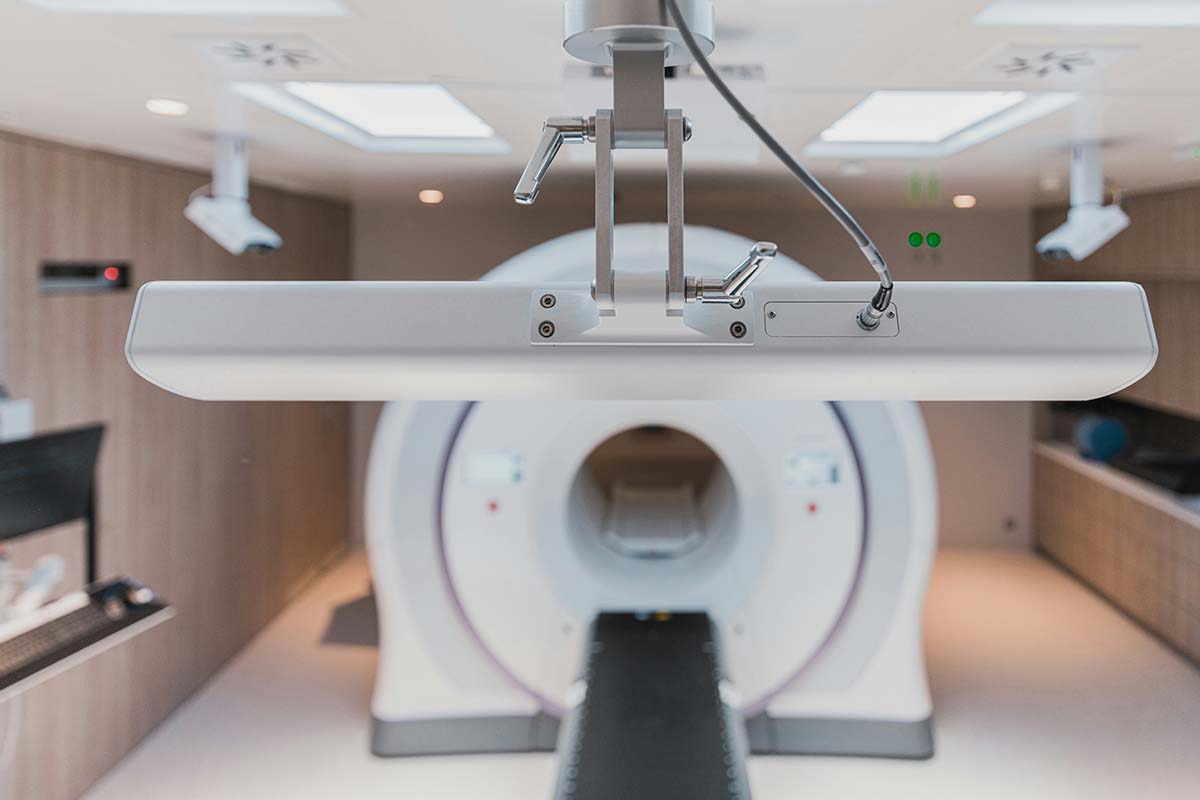6 Ways to Support Your Oral Microbiome
You may be familiar with the gut microbiome, but what about the oral microbiome? What exactly are oral microbiota — and why should we even care about the human oral microbiome?
Plus, if they’re both so important, how do you even take care of them? Here’s everything you need to know about oral microbiota and how to properly support the health of the human oral microbiome.

What is the oral microbiome?
The human oral microbiome is defined as the collective genome of microorganisms that reside in the oral cavity. After the gut, it’s the second largest microbial community in humans and contains diverse microbiota harboring over 700 species of bacteria. The oral microbiome nurtures numerous microorganisms which include bacteria, fungi, protozoa, and viruses.
The mouth is an exceptionally complex habitat where microbes colonize the hard surfaces of the teeth and the soft tissues of the oral mucosa. Think about it. There’s so much in the mouth. There are the gums, teeth, and tongue. Some microbes prefer hard surfaces like tooth enamel, while others thrive off of soft oral tissues like the gums.
According to a 2019 review published in the Journal of Oral Maxillofacial Pathology, “In addition to being the initiation point of digestion, the oral microbiome is crucial in maintaining oral as well as systemic health,” and because of the ease of sample collection, [the oral microbiome] has become the most well-studied microbiome to date.
Why you should care about the oral microbiome
Researchers in the dental field are particularly interested in the microbiome’s role in conditions such as caries (aka tooth decay), oral cancer, and periodontal disease. However, the oral microbiome can affect a wide range of systems within the human body.
Oral bacteria within the human oral microbiome can provide an important line of defense against foreign bodies trying to invade. However, if there’s an imbalance in oral microbiota, there can be several adverse effects on the health of the host. When there are more negative bacteria then positive helpers, this is referred to as dysbiosis.
Just like there can be good and bad gut bugs found in the gut microbiome, the same holds true for oral microbiota. Both beneficial and harmful microbes can have positive and negative effects on the host (in this case, you, the human), which may not just affect oral health but overall health and wellness as well.
The human microbiome interacts very closely with our gut health, immune health, and metabolic health, which is why the oral microbiome can have a significant influence on our whole-body health.
How to care for the oral microbiome
Wondering how you can better support oral microbiota and the oral microbiome? Here are a few tips.
1. Avoid certain foods and eat more of others
Just like bad gut bugs thrive off of sugar, so do bad bacteria in the oral microbiome. The same can be said about acidic foods. In order to better support the optimal health of the oral microbiota, avoid or cut back on acidic and sugary foods.
You may also want to focus on eating nutrient-dense whole foods, especially those containing prebiotics and probiotics, which are beneficial to gut health and overall health. You may want to throw in some postbiotics too, you know, for good measure.
2. Breathe through your nose
Dry mouths harbor more bad bacteria — and when we develop a dry mouth, we lose the natural protection of our saliva, which helps to remineralize the teeth while helping to keep the oral pH in a healthy range of 6-7.
Instead of breathing through your mouth, focus on breathing through your nose. If you struggle to breathe through your nose at night, try Dryft Sleep products. Gentle mouth taping is a way to promote nasal breathing for better sleep.
3. Floss nightly
Before you brush your teeth before bed — and please tell me you brush your teeth before bed — floss! Flossing removes any food remnants and bacteria. If your gums bleed, they may be aggravated or inflamed from bacteria, but keep at it. Building up callused gum tissue takes time.
4. Practice good oral hygiene
Besides nightly flossing, Ghias Jabbour, DDS, dentist and owner of Blanco Crossing Dental in San Antonio, Texas, says to practice good oral hygiene. That means brushing your teeth and scheduling regular dental visits. This helps to minimize plaque buildup, which can lead to gum disease, infection, and ultimately the deterioration of your oral microbiome. Take care of those pearly whites, people!
5. Scrape your tongue
Tongue scraping is an Ayurvedic self-care ritual that removes bacteria, dead cells, food debris, fungi, and toxins from the surface of the tongue. Scraping bacteria from your tongue gives the good bacteria a chance to proliferate. Oh, and don’t use your toothbrush, use an actual tongue scraper. My favorite brand is Scrape Your Tongue Tongue Scrapers.
6. Switch up your mouthwash
Many conventional mouth rinses and mouthwashes use alcohol, which can dry out the mouth. Plus, alcohol can kill both the bad and the good bacteria in your oral microbiome, similar to antibiotics on the gut microbiome.
It’s better to support the good oral microbiota than to kill all of it entirely — so stick to more natural mouth rinses and washes, especially those that don’t use alcohol. Another oral health favorite find of mine is Hello mouthwash.
The bottom line on oral microbiota and the human oral microbiome
You may know all about the gut microbiome, but the oral microbiome is just as important. Some may even argue it’s more important than the gut microbiome because it’s where digestion begins. Use these tips to start better supporting your oral microbiome today.












